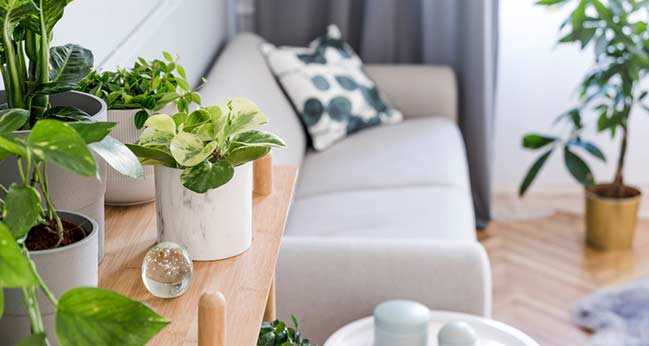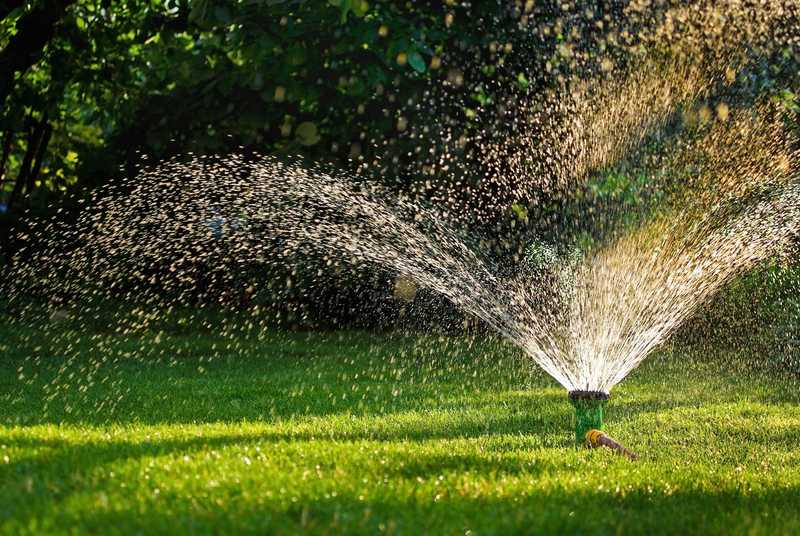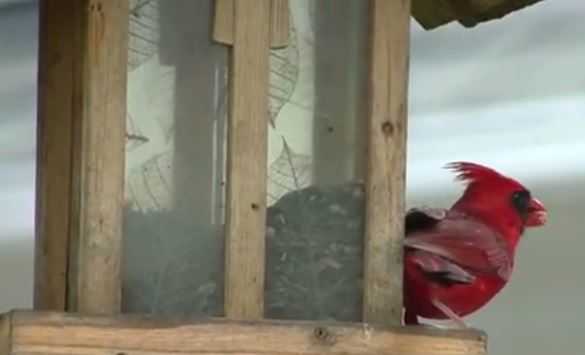Ten Ways To Save Energy During This Winter
Winter is the coldest season of the year and also means higher energy and heating bills. It is vital that we retain heat inside our homes and keep cold air out. Eliminating waste or cutting back unnecessary energy use is an easy way to keep your hard earned money in your pocket. Waste elimination is a proven approach to increasing efficiency. By identifying and eliminating possible sources of wasted energy, you can save energy and save your money on utility bills.
 |
 |
Ways to save energy during winter
The cheapest and easiest way to save money is simply reducing the heating within the home. There are lots of inexpensive ways to keep costs down in your home. Following are some of the important ways to save energy during this winter.
- Energy Audit: First step towards the cost saving exercise is the energy audit. A simple energy audit includes examining your home including heating and cooling systems, appliances, insulation, air leaks and lighting. Energy Audit attempts to balance the total energy inputs with its use and eliminating waste or cutting back unnecessary energy use. Replace old appliances with new Energy Star rated versions.
- Caulking and weather-stripping: Caulking and weather-stripping is the easiest and cheapest ways to reduce energy bills. Simple solutions like plastic adhesive tapes, cardboard pieces and other light packing material can be used to fix these gaps. Air sealing a home can reduce heating and cooling costs by 20 per cent.
- Close Unused Rooms: It is a waste of energy and money heating rooms which nobody ever ventures into. If your home has rooms which nobody uses, it’s a great idea to block them off. Ensure to heat only the rooms that are used by you or your family members and it would be wise to turn the radiators off in those rooms and shut the doors.
- Turn down the thermostat: Preferably use a programmable timer-based thermostat to set at different temperatures when you are at home, when you are away and when you have slept. You can save about 3 per cent on your heating bill for every degree you set back your thermostat. You can also manually turn down the thermostat before you go to bed and when you go to work.
- Improve insulation: adding extra insulation in your attic and exterior walls can reduce your heating and cooling costs by up to 30 per cent. Installing insulation in exterior walls is more complicated and should be done by a professional. Additional layer laid over the inner walls of your room will pay off itself over the next couple of years.
 |
 |
- Let the Sun In: Using the heat gain from the sun’s energy can help increase thermal comfort inside the home. Turn the sunlight inside your home by opening the window’s blinds, in whichever side of the house where the sun shines. During the day, open the shades and blinds covering your windows to let the sun in. At night, use thick shades or drapes to cover your windows so that the heat stays inside.
- Do a little Maintenance: Equipments and systems like heating systems usually have a simple filter integrated in the ducts near the furnace. These should be changed every couple of months to keep the furnace clean and running efficiently. The filters are inexpensive and readily available so buy them two at a time and mark the calendar for change dates. Clean and new filters besides enhancing its operational life of the heating system would also help cutting down the avoidable utility bills.
- Minimize hot water usage: We tend to use more hot water in winter because we are cold. To take the bite out of the bigger hot water bill adjust the temperature setting of the hot water heater. You can take it down even 20 degrees and still be comfortable. The geyser and the water pipeline need to be thermally insulated to avoid heat loss.
- Energy Efficient Lighting: During winter the days are shortest and the nights are longest. The longer night means we spend more on lighting. To keep electricity costs down it may be wise to invest in energy efficient lighting sources. LED light bulbs use much less power than regular light-bulbs, thus they use much less electricity. Turn off lights in unoccupied rooms and unplug appliances instead of keeping them in standby mode. Turn off kitchen and bath-ventilating fans after they’ve done their job.
- Stop drafts: Insulate any heating ducts exposed to colder weather. Stop drafts from sneaking in through the doors by making an adorable draft snake. These ingenious items allow you to block drafts that sneak in through even the tight fitting door. Simply place them along the bottom of a closed door.







